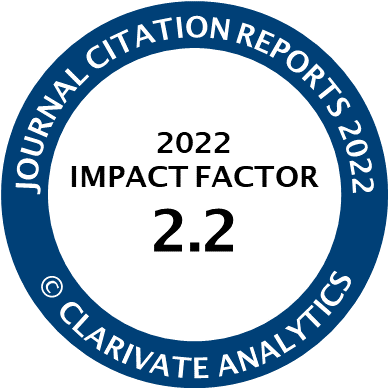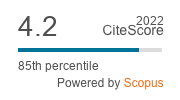Article | Open Access
On Gender and Illiberalism: Lessons From Slovak Parliamentary Debates
| Views: | 1618 | | | Downloads: | 1048 |
Abstract: This study offers a comprehensive, in-depth analysis of Slovak illiberal anti-gender parliamentary discourse based on a unique dataset consisting of 85 parliamentary speeches. It presents who the main actors are in terms of the illiberal anti-gender discourse in Slovakia and which narratives they postulate. It also considers if there is any variation in the identified narratives. The qualitative content analysis covered several critical anti-gender narratives in the rhetoric of illiberal parties. I argue that the occurrence and range of anti-gender narratives within the Slovak parliamentary illiberal discourse are diverse, and this diversity varies in the ideological background of the analysed parties. While some of the more traditional Christian conservative parties, such as the KDH, and new populist parties such as OĽaNO or Sme Rodina, have articulated gender primarily as a threat to Slovak Catholics, Christianity, traditional marriage, and families, others like the nationally conservative-oriented SNS or the Smer-SD have stressed the loss of national sovereignty and legal aspects around the Istanbul Convention, and utilized this topic to strengthen their Eurosceptic rhetoric. Finally, the far-right K-ĽSNS has used an eclectic approach combining all found anti-gender narratives while using the most abusive language towards transgender persons and other sexual minorities.
Keywords: gender; illiberalism; narratives; parliamentary debates; political discourse; qualitative content analysis; Slovak politics
Published:
Supplementary Files:
© Ľubomír Zvada. This is an open access article distributed under the terms of the Creative Commons Attribution 4.0 license (http://creativecommons.org/licenses/by/4.0), which permits any use, distribution, and reproduction of the work without further permission provided the original author(s) and source are credited.




